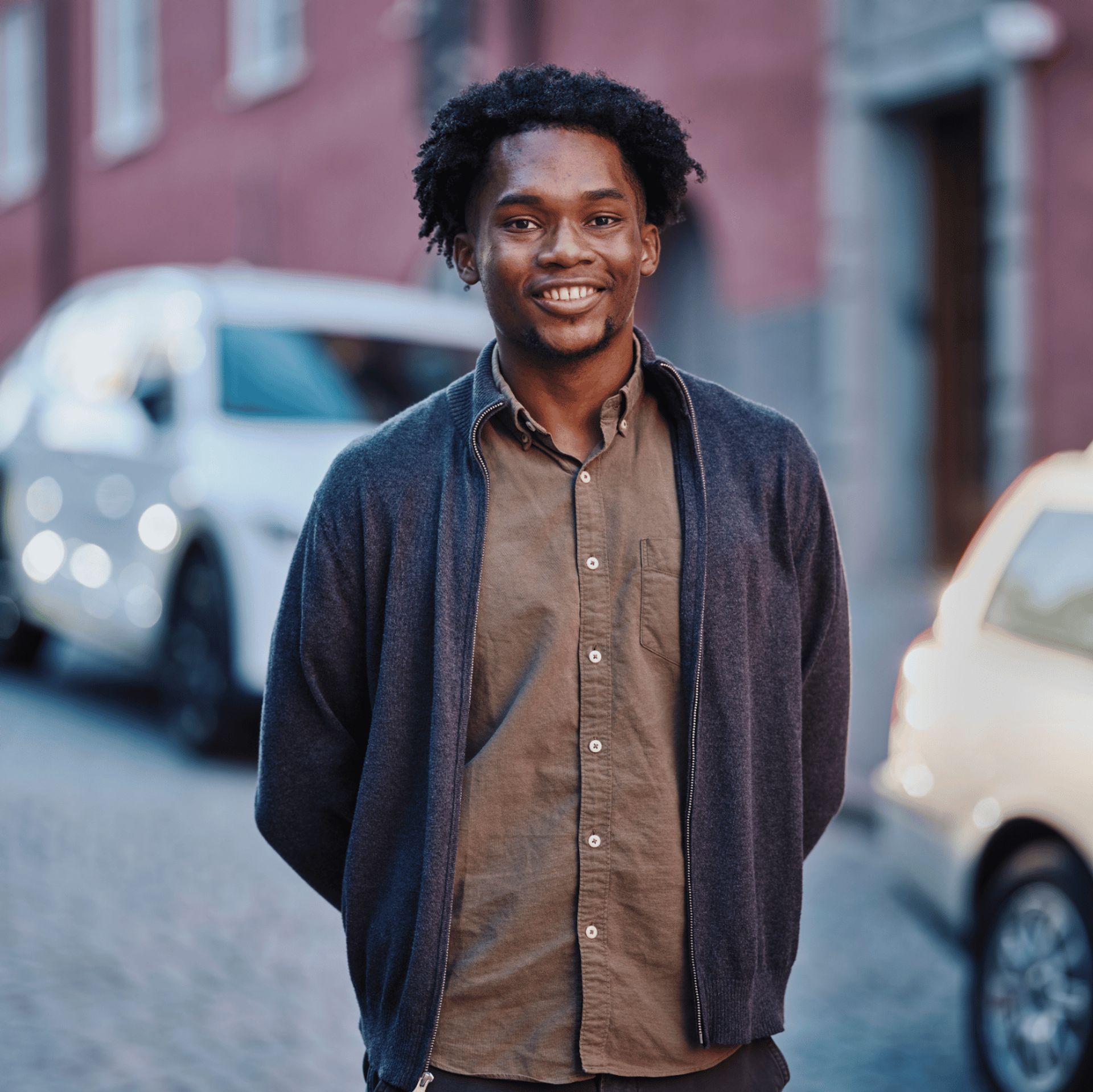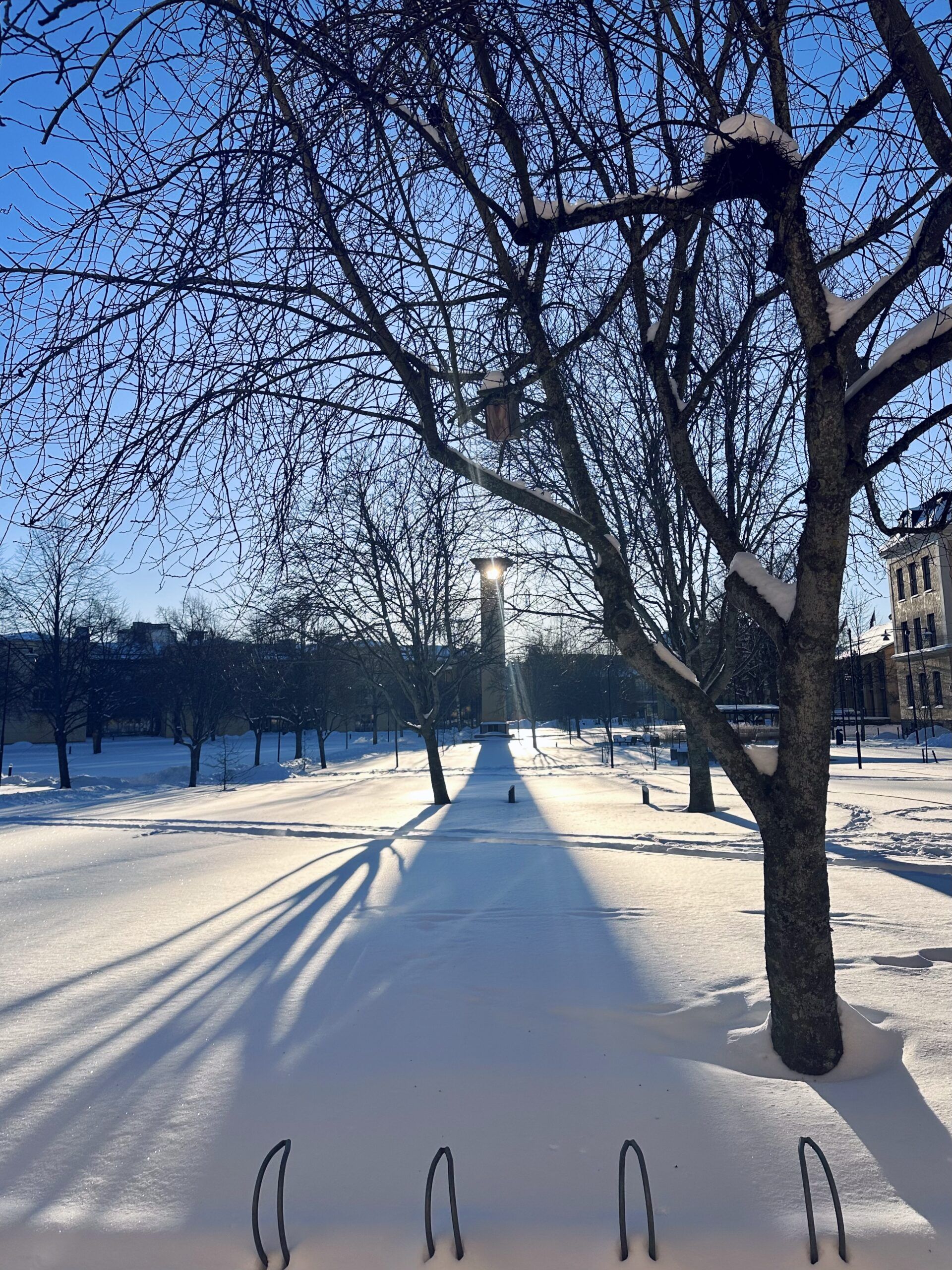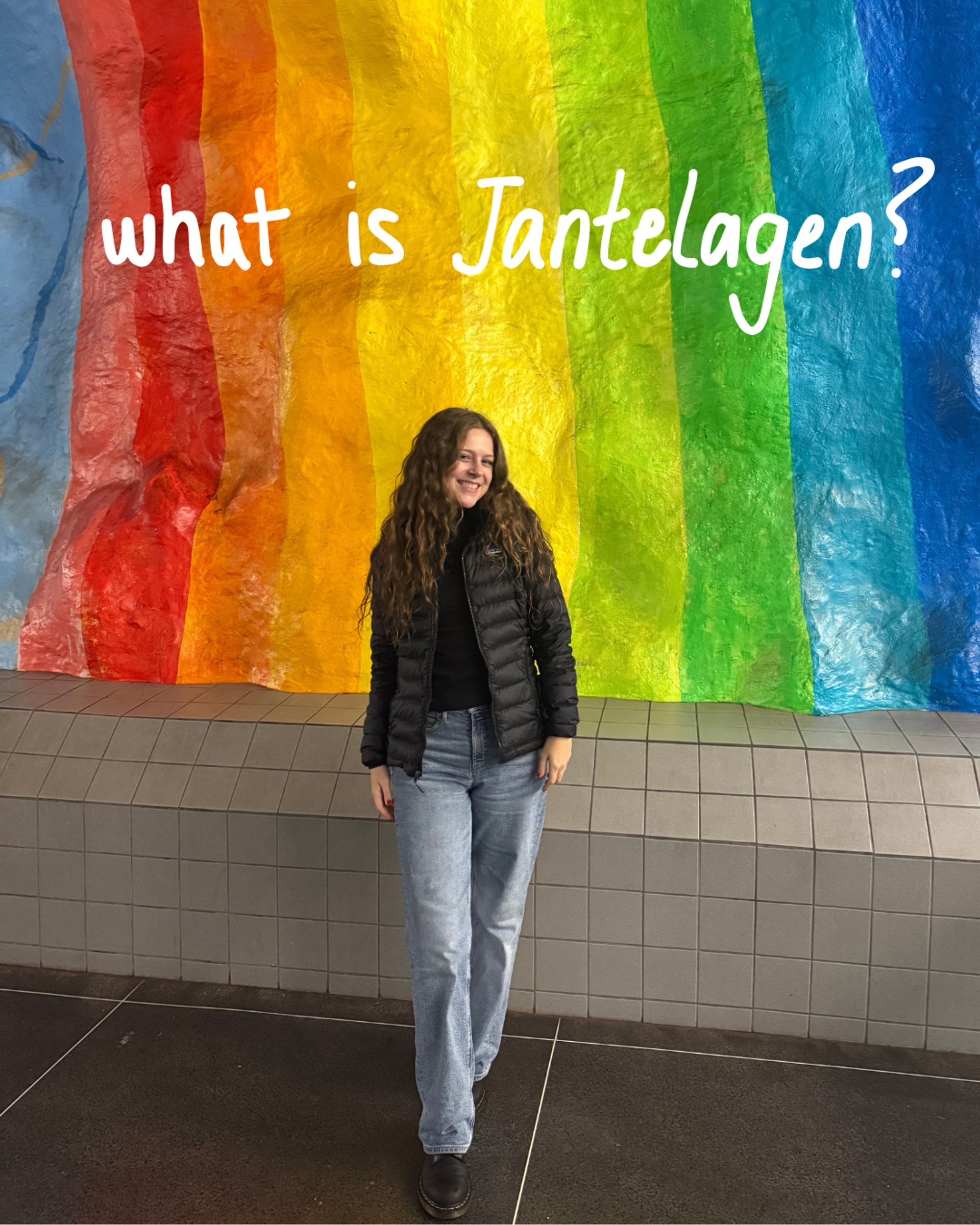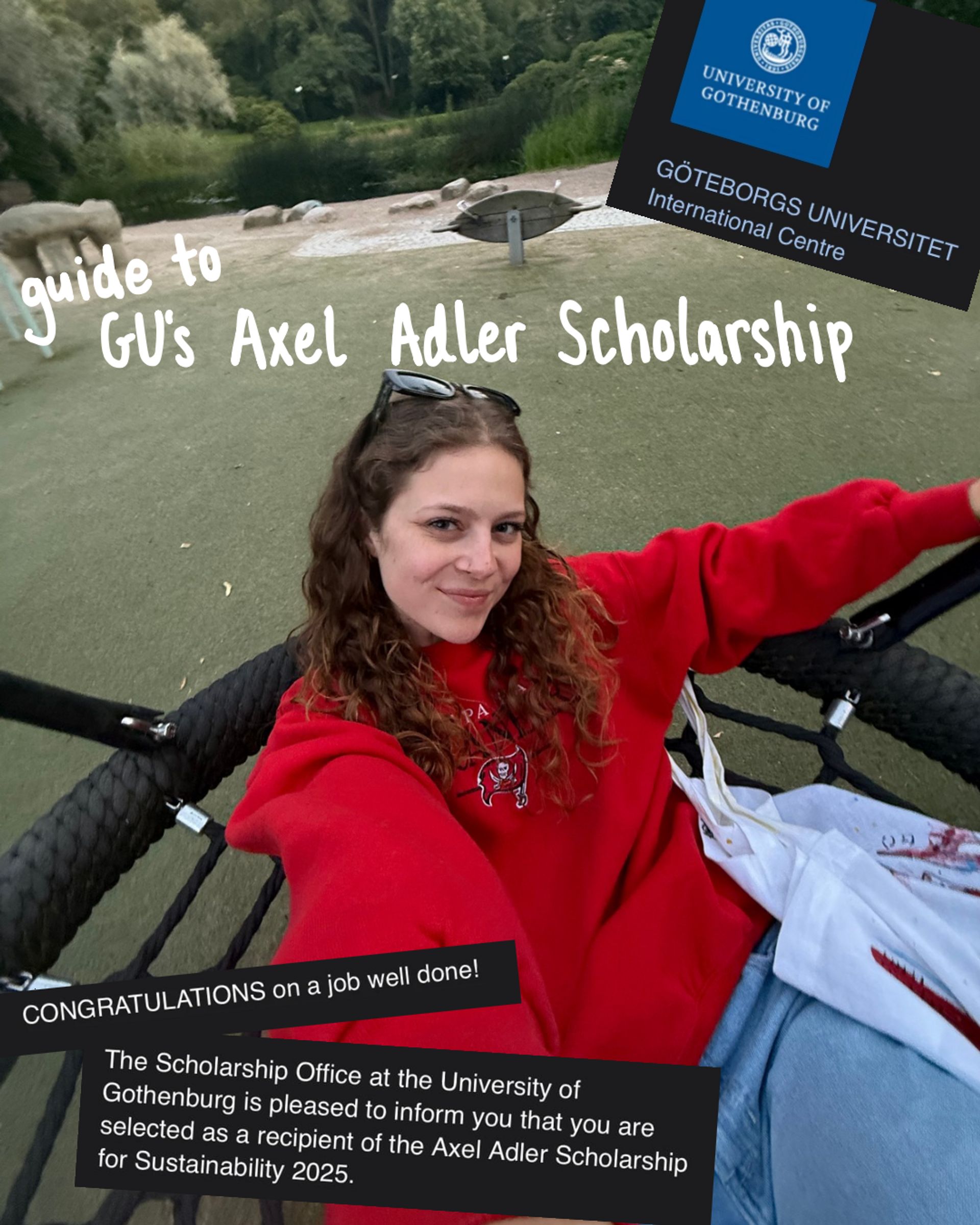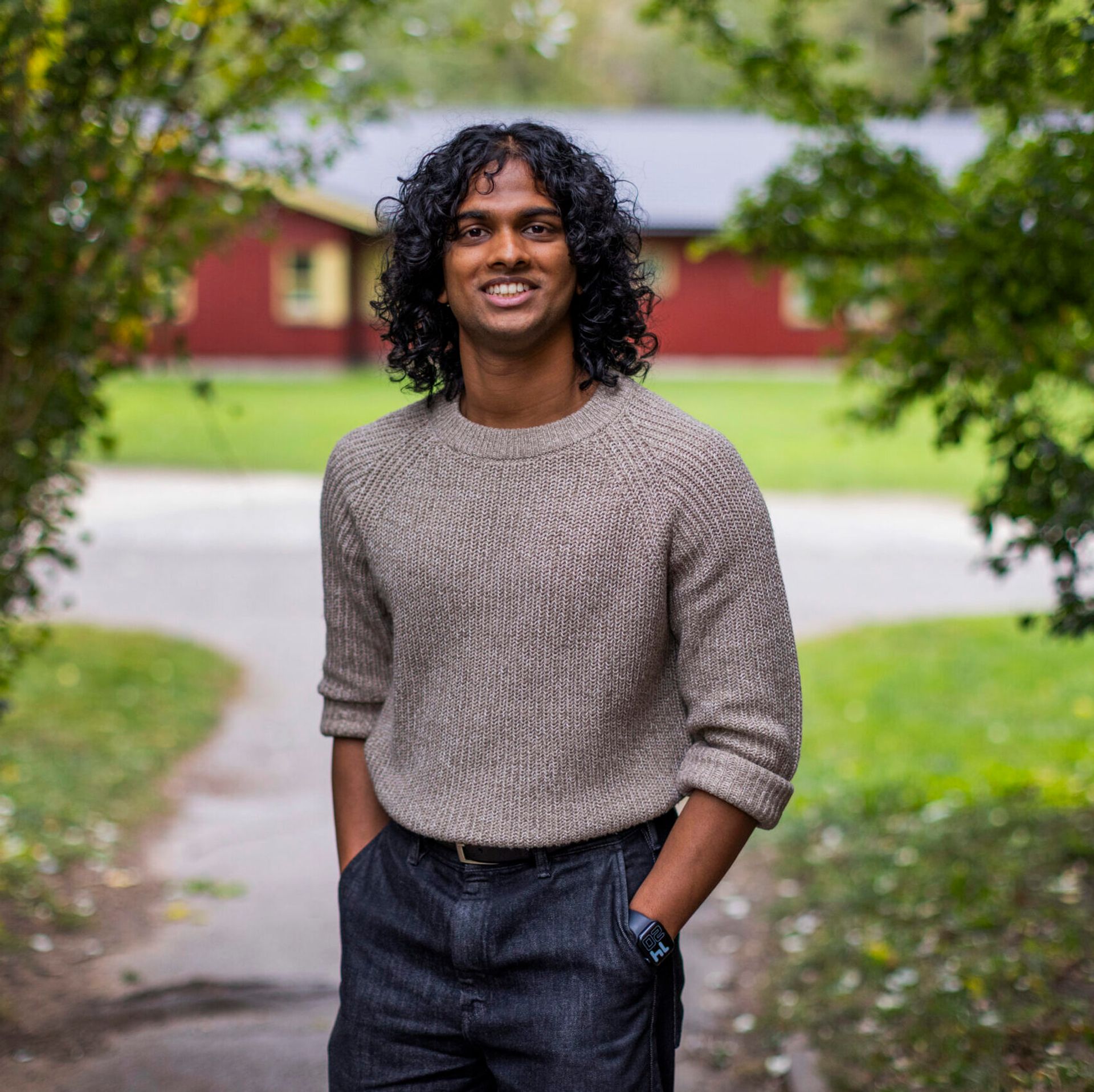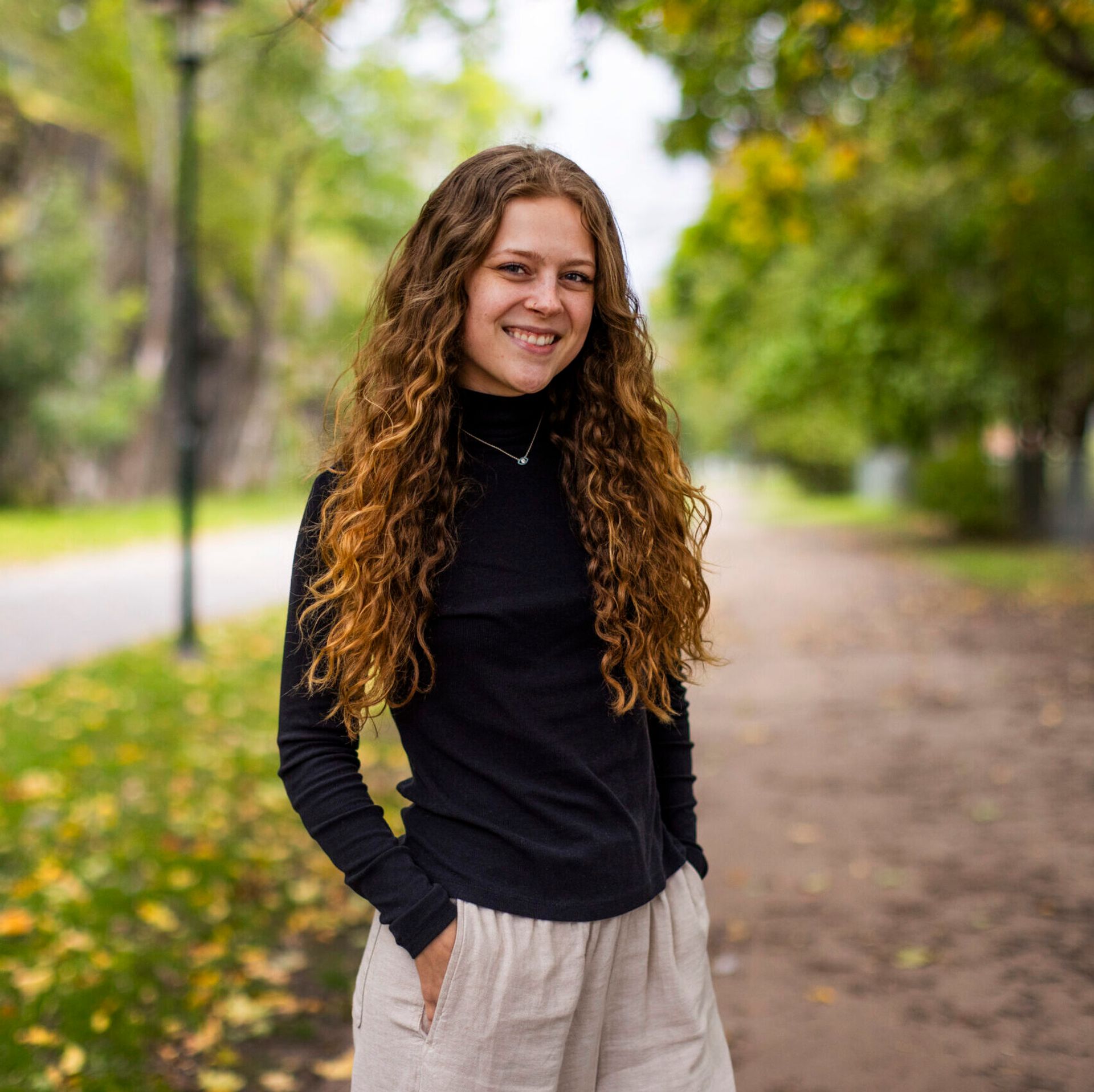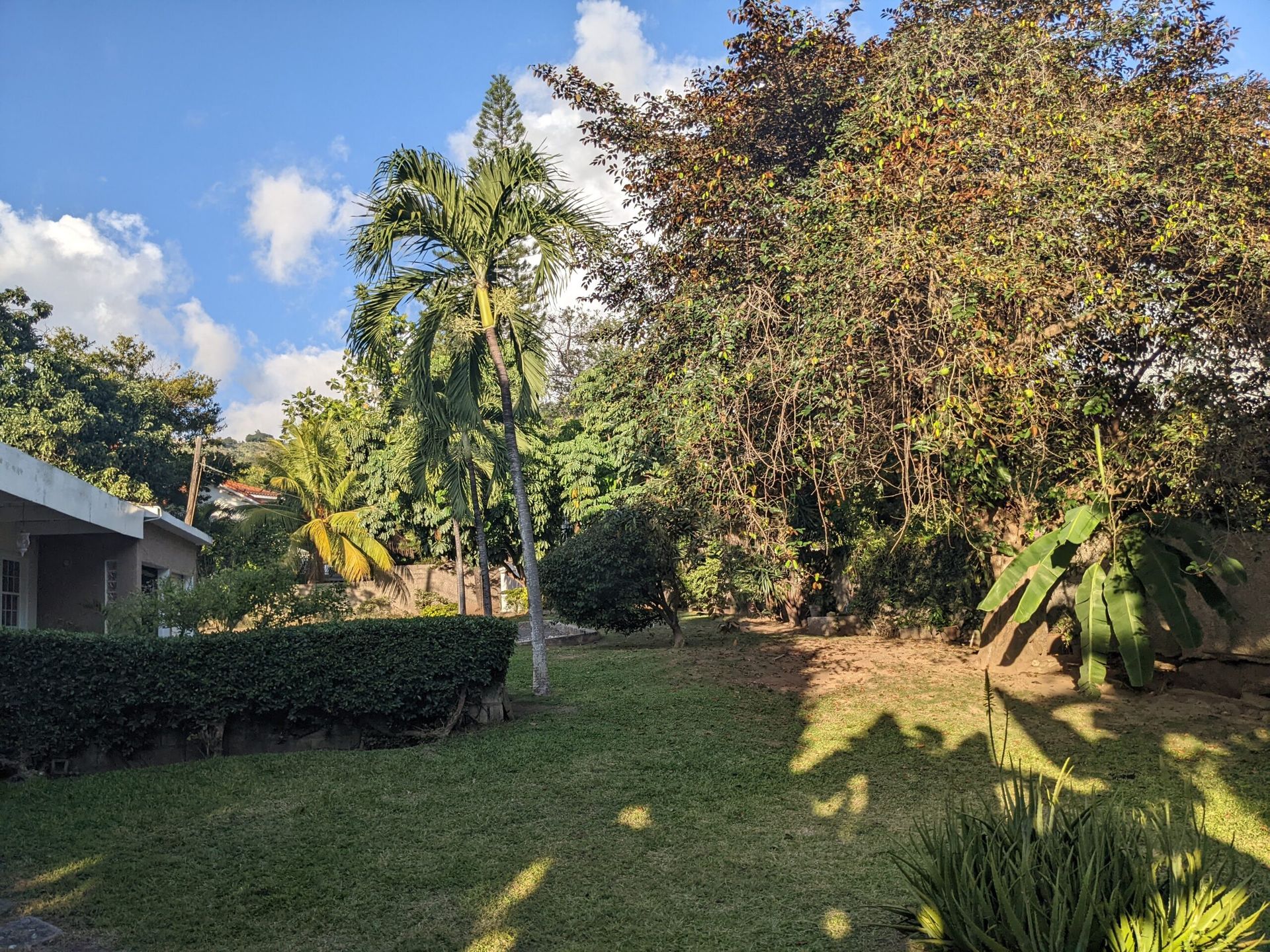
Written by Joshua
21 Nov 2024
Hey guys 👋🏾! Welcome to my first blog series. I’ve been working on this for a while, and I’m so excited to finally share it with you 🥰!
Nigerian writer, Chimamanda Adichie challenged the world to consider the meaning of what she dubbed the ‘single story’. A single story is a narrative of objective lies that serves to generalize people, stripping them of their identity, and describing them with a one-size-fits-all illustration. Every single one of us unconsciously tells ourselves a single story about the people we interact with every day. “A series of Untold Stories” hopes to dismantle these narratives, shedding light on the authentic, true lived experiences of black students in Sweden. The series takes its name from famous Jamaican artiste Buju Banton’s song, “Untold Story”, where he gives voice to parts of his life, and the lives of so many others, that are rarely spoken of. The phrase, “I could go on and on the full has never been told,” frames Banton’s message, just as it does the lives of so many people of colour living in Sweden. These “Untold Stories” hope to change that.
At first, I wanted to focus this series on black international students, particularly from outside of Europe. What was so interesting though, was the fact that as I looked for people to interview, I realized that I was the one telling the single story. My story went, “you’re black, so you’re not European”. The challenge is, that’s absolutely untrue. Here I was, making assumptions about people based on their complexion, not realizing that I had missed the whole point of the work that I was doing. The reality is that people classify, characterize and profile in the same way that I did, first based on colour, not nationality. The lived experience of black people is quite similar, only really distinguished by gender. All of that to say, the interviewees on this series are black people, full stop.
These stories serve to educate not only Europeans and people living in Sweden, but also those looking to find their footing at international schools like mine. Again, “the full has never been told” and your perception of life in Sweden should be guided by the real stories of the people that live here. So, let’s get started 😃!
What will the series cover?
This series aims to, in about four posts, briefly but honestly develop a profile of 4 black students, by asking them a series of questions. Some of these questions I suspect they get a lot, others I hope will reach a bit deeper into their motivations and experiences while studying in Sweden. The purpose of this exercise is really to highlight how diverse and varied people are, and to break those stereotypes that have significant effects on people’s lives every day.
The questions asked during these interviews will be fairly standard, but based on my intuition and leading (if I have either of those 😅) may break away into other aspects of their lives, or into little titbits of information to help us understand how complex we are after all. The questions however, will revolve around the following:
- Where are you from? What is home like?
- What does home mean to you?
- What is your fondest memory of home?
- What is one thing that you wish people knew about you?
- Where do you want to guide people’s attention?
- Have you ever been stereotyped? If so, what did that mean for you and how did it make you feel?
- What has been the hardest part of adjusting to life in Sweden?
- Where do you see yourself going in the next few years?
You guys already know so much about me, but I will volunteer as tribute and be the first man called to the stand. These are my answers:
Where are you from, what is home like, and what does it mean to you?
You guys already know I’m from Jamaica. Home to me is my family home in Kingston. It’s the kitchen where we all talk, the yard with the dogs, the beautiful sunsets every single day, and the cool afternoons. Home is the place where I feel most secure, my little “quarter square” as my grandmother used to call it. At home I don’t feel judged. I can go outside in my bonnet in the afternoon, listen to music and feel the cool breeze and the sun on my skin ☺️. What really defines home for me though, is my family and my friends 👨🏾👩🏾👧🏾👦🏾, and that’s something that I’m coming to realize more and more each day. At this point, I don’t know if I can call anywhere home without them.
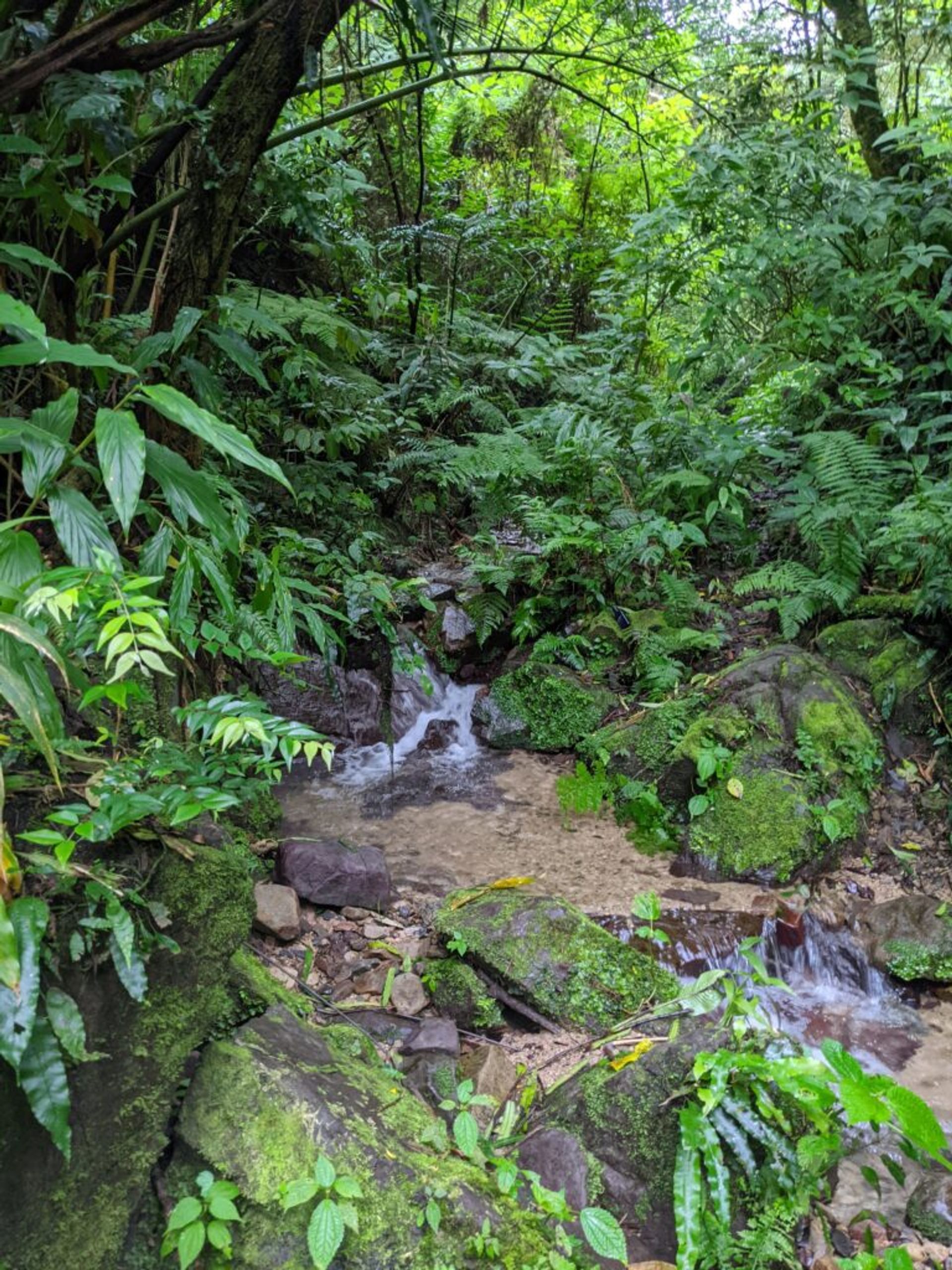
What’s one thing that you wish people knew about you?
Again, you guys know that I’m Jamaican. The thing is, being authentically Jamaican isn’t just about where you’re born. I’m happy to have been born in paradise, but I think being Jamaican means so much more than that, and that’s what I wish people understood. It’s not just a title, it’s something that you have to practise 💪🏾. Why? It’s because Jamaicans are strong people. We are brave people. We are the people who make the most noise when something’s wrong. We are people who care for one another, and never leave each other behind. We are people who find ourselves in places and spaces where others don’t think we belong 🛷. “Wi likkle but wi tallawah” (We are small but we are mighty) is how we usually describe it. Being Jamaican is a commitment, and it’s not one to be taken lightly 👷🏾♀️.
Where do you want to guide other’s attention?
As a small island native, I want to guide others’ attention to what’s happening in countries like mine. So often, we are the forgotten people because of our numbers. Solutions developed in bigger countries are automatically assumed to work for us. On top of that, in the age of climate change, small islands like mine face an existential crisis 😓, one that if we don’t act, could mean the end for life as we know it. That fact was one of the major driving forces behind me choosing to study in Sweden. We have a point of view that needs to be heard, and I’m committed to being one of the persons who provides that perspective 🗣️.
What’s your fondest memory of home?
My fondest memories of home really come from the sense of freedom and security that I felt while living in Jamaica. Looking back, I learnt to really appreciate what other people would call the mundane. Just getting up early on a Saturday morning to go to my aerobics class or on a morning walk with my friend, walking over to my friend’s house on a Friday evening after work, or listening to music in the car and singing at the top of my lungs 🎤. Sitting here, writing this, and recalling those moments viscerally takes me somewhere wonderful – to the world I call home 🥰.
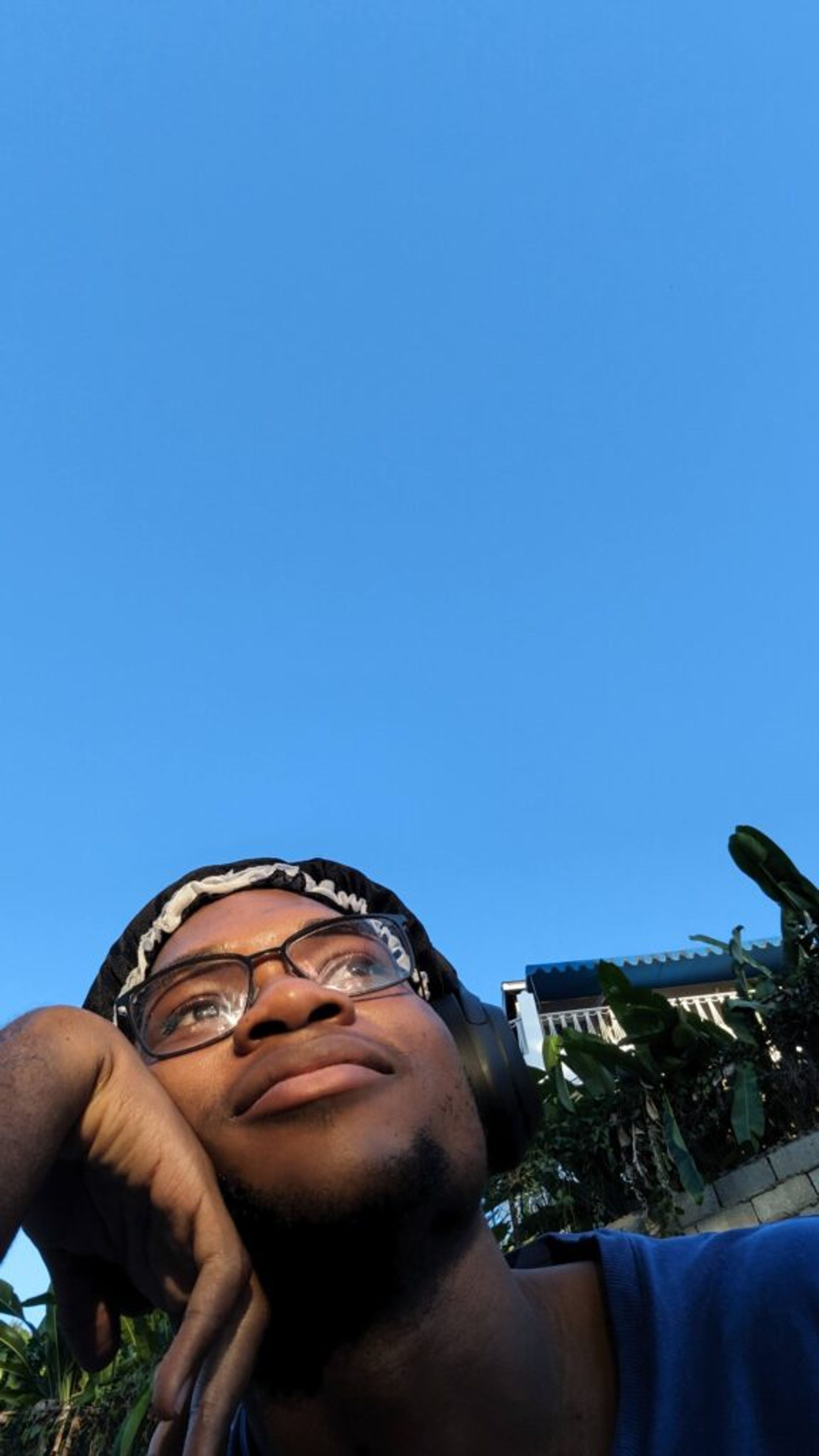
Have you ever been stereotyped? If so, how did it make you feel?
Interesting question Joshua 😊😅. To be honest, not really. Not explicitly at least. I get the impression that people are surprised when I speak. People generally don’t expect me to speak standard English, especially coming from Jamaica. They actually assume that I’m from the US, not really understanding how much different my accent actually is. So no, I’ve never been stereotyped here, at least not in a negative way.
What has been the hardest part of adjusting to life in Sweden?
For me, it’s generally been finding close friends. I took for granted the relationships I had at home. I didn’t realize how privileged I was to have a close community of people around me. Sweden is full of international students. The thing is, it’s a bit more difficult for me being black, coming from a small island and only speaking English, to find many people who have similar backgrounds as me. Does that mean I can’t find friends? Absolutely not. It’s just a process, and I’m in it for the long run.
Where do you see yourself going in the next few years?
I honestly have no clue right now. I feel like I’m in an in-between, trying to figure out the things I want, and the sacrifices I’m willing to make moving forward. When I was applying to study in Sweden, it felt very clear to me what I wanted to achieve after completing my masters. The thing is, when life changes so rapidly, and everything you know and love, everything that was routine and steady is taken away, your perspective on things change. It’s at that point that you begin to figure out who you are, and what you want. I know I’ll get there though. There’s no rush 🥹.
This blog was long 😅. Thanks to everyone who read to the end. I can’t wait to share the other interviews in the coming posts! Special thanks to the iconic Fanna Ndow Norrby 👑 who inspired me to write this series. I can’t wait to see what’s coming. See you next time!
